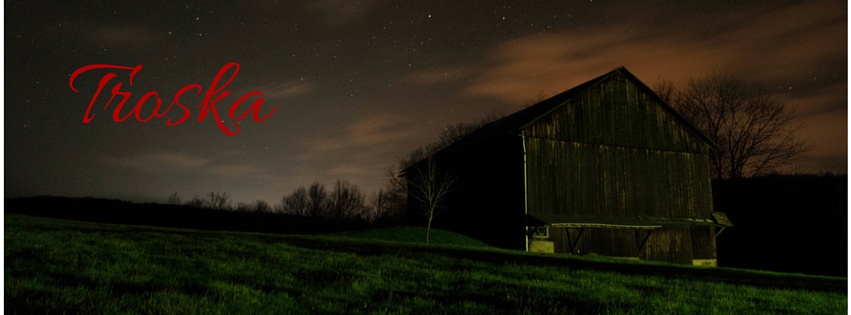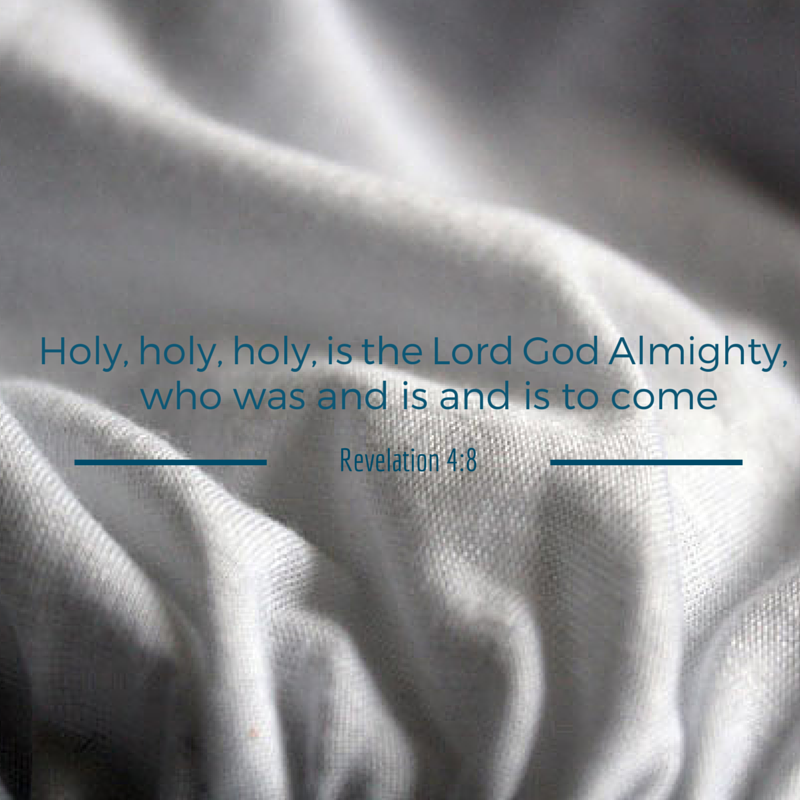I came across a word a few nights ago that I believe will find itself into my list of cherished words.
(Yes, I have an actual list.)
It will join the likes of grace, joy, sovereignty, expanse, sehnsucht, perspicuity, forgiveness, still, steadfast, family, advent, imputation, prayer, sola gratia………..shall I go on? My list is long….
Anyway, I stumbled across Toska a few days ago, and I am quite taken with it.
Partly, it strikes me because I am reading a new (to me) book by C.S. Lewis (my adopted uncle, though he does not know that–yet). Titled Studies in Words, it is exactly what it sounds like. Lewis takes 9 words, and thoroughly examines them. Only a true logophile would enjoy it, probably. And, I guess I qualify as a logophile, because I collect words like others collect baseball cards. So, to get to read my favorite author tear apart words and get to their true meaning, with much wit? Yes. Bring it.
So reading that has caused me to be more aware of words, in general, over the past couple of days.
But the other reason Toska has me is also related to my Uncle Lewis, because the definition of “Toska” reminds me so much of his story. And mine.
Toska is a Russian word that, quite simply, does not translate well. Or, does not translate, at all. No one has successfully been able to move it to the English–or any other–language, without losing its true essence.
As a noun, an attempt at a definition is this: “a dull ache of the soul; a spiritual anguish”.
But, it is so, so much more than that.
Vladimir Nabokov had this to say about “Troska”:
“No single word in English renders all the shades of toska. At its deepest and most painful, it is a sensation of great spiritual anguish, often without any specific cause. At less morbid levels it is a dull ache of the soul, a longing with nothing to long for, a sick pining, a vague restlessness, mental throes, yearning. In particular cases it may be the desire for somebody of something specific, nostalgia, love-sickness. At the lowest level it grades into ennui, boredom.”
It is a word, as Nabokov aptly describes, with many shades to it. It can be deep, with intense aching. It can be a dull yearning. It could even be restlessness, with no real awareness as to why one was restless.
I think my soul–and mind–are familiar with Troska.
But isn’t it interesting that Nabokov, and the formal definition, for that matter, both indicate that–in the case of troska–there is often the absence of awareness of what specifically is causing the ache; of what is causing the soul to miss–something.
And that, too is where my Uncle Lewis can step back into the picture.
Lewis is the one who introduced me to the word “sehnsucht”.
C.S. Lewis spoke often about “longing”–that yearning for something, but not quite being able to capture what that “something” is. We’ve all known that sensation at the very depth of our souls. And minds. For Lewis, sehnsucht embodied “the inconsolable longing in the heart for we know not what.”
He wrote much about this longing in reference to “Home”—our true home, for those of us who are Christ-followers. Home, eternal. Home, where there are no more tears. Home, whatever it may look like, where we will actually, finally, truly feel “at home”.
We ache for this, as humans, because we were created to be with our creator. There will be a day.
Or, as Lewis wrote: “If we find ourselves with a desire that nothing in this world can satisfy, the most probable explanation is that we were made for another world.”
But Lewis also talked about longing for Joy.
Joy, to Lewis, was something far beyond happiness. It was deeper, longer, wider, more encompassing. And it did–something–to a person. Something far beyond what merely having a good day, or getting good news, or enjoying a nice dinner with friends does.
It points toward something. The object of its source.
Joy always points toward God.
Lewis wrote: “All Joy reminds. It is never a possession, always a desire for something longer ago or further away or still ‘about to be’.”
Joy reminds us–reminds me–of the only source of joy–my Lord and my God.
And, God alone is the only one able to satisfy the troska of our souls. He is the only one who can satisfy the sehnsuct of our souls. And He is the only one who joy points to.
There is none other.
And while we have glimpses, most certainly, of joy here and now, and while troska most certainly is soothed to a degree by our worship, our prayer, our loving others, and our recognition of who God is, it will never be completely eradicated or satisfied until our sehnsucht is also fulfilled. Until we see Him, face to face.
So, yes, here in the last two verses of our canon of scripture, we find this:
20 He who testifies to these things says, “Surely I am coming soon.” Amen.Come, Lord Jesus!
21 The grace of the Lord Jesus be with all. Amen.
Amen, indeed.




